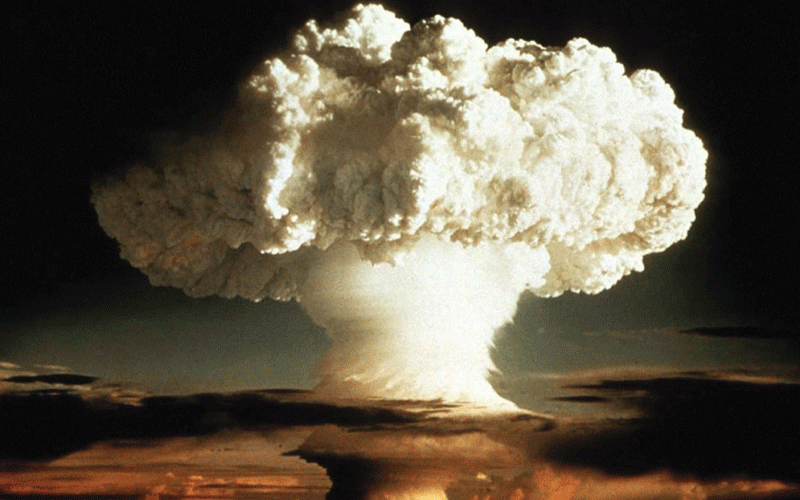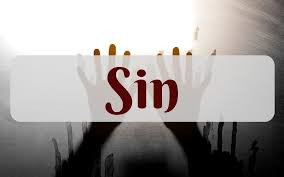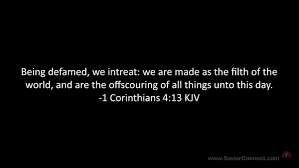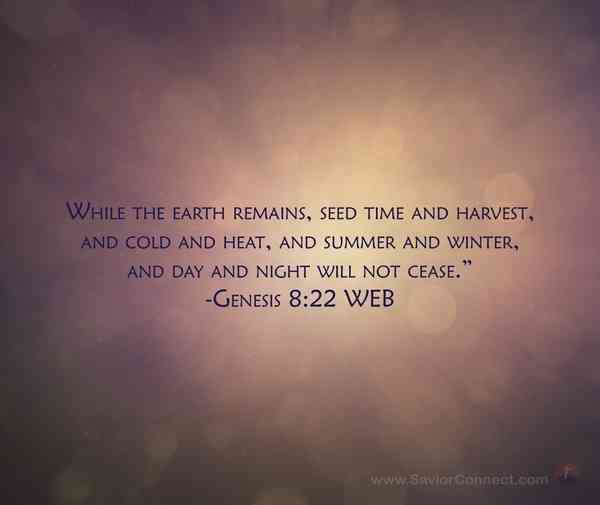
Mankind should not be afraid to create or develop anything in the world. Even atom bombs.
“Now I am become death, destroyer of worlds,” J. Robert Oppenheimer, who is Jewish, is quoted upon seeing the first nuclear mushroom cloud. In actuality, his invention has saved many more lives than it has destroyed.
It should also be remembered that if there was no Pearl Harbour there would be no Hiroshima!
Full disclosure: There’s a good chance I would not exist were it not for the atomic bomb. My father’s British army unit, the 51st Highlanders, was preparing for the invasion of mainland Japan when news of the atomic bombs, and the resulting Japanese surrender, came through.
Given the fanatical Japanese resistance for every inch of insignificant Pacific islands, the now unnecessary battle for the Japanese homeland had been expected to be the fiercest of the whole war. President Truman was predicting up to a million allied casualties – which, extrapolating from previous figures would mean as many as 250,000 deaths. The Japanese would have lost more.
My father could easily have been one of those casualties were it not for the war-ending atomic bombs. So, I’m starting with an existential bias on this issue!
Robert Oppenheimer was haunted by the question of whether it was right to create a weapon with such destructive powers.
Assuming Christopher Nolan, who based the screenplay of his hit film Oppenheimer on the biography by Kai Bird, is correct, Robert Oppenheimer was haunted by the question of whether it was right to create a weapon with such destructive powers. In one particularly poignant scene, Truman (who is not portrayed kindly) tells Oppenheimer, in no uncertain terms that as president of the United States, he, and he alone, is responsible for the destruction wrought on Hiroshima and Nagasaki. While Oppenheimer created the potential, it was Truman who chose to use it.
I believe there is merit in such an argument, and I would even take it further.
I am a firm believer in the greatness of humanity. Human beings are simply awesome. My favorite part of history is the Industrial Revolution. Because it was such an outpouring of human resourcefulness, endeavor, creativity and unified effort. I believe that there is no problem we cannot eventually solve and no challenge we cannot overcome.
As a simple example, I remember when the Sea of Galilee in the 1980s was sinking further and further below its ‘red line’ as Israel’s primary source of water. The future looked bleak. Now, 40 years later, Israel now produces 70% of its domestic water from the Mediterranean via desalination.
The goal is to reach 100% by 2030. Desalination does require significant energy, but as scientists improve solar energy harvesting and battery capacity for overnight storage, and with the race for the Holy Grail of nuclear fusion well underway, I’m confident that Israel will have almost free, unlimited water in the next couple of decades. And that will eventually be true for every country.
We should not be afraid to create or develop anything in our world. Even atom bombs. Because, as Truman said, it’s not the invention itself, rather how it is used.
And while yes, the atom bombs did kill well over 100,000 people in Hiroshima and Nagasaki, if it is about numbers alone (which it is not), the atom bomb has ultimately been a force for saving life in our world. It’s true that according to Jewish law, you cannot actively take one life to passively save many (as per the classic trolley car ethical dilemma), but that does not apply in war.
And so, Truman dropped two bombs, immediately killing 105,000 people. But in so doing, he saved the lives of as many as a million allied and Japanese soldiers. And he also showcased a weapon that has undoubtedly prevented World War III between the modern superpowers.
As God’s partners in creation, the world is ours to develop and build
Artificial intelligence is another example that is an incredible force for good, with concomitant potential for misuse. I look forward to the day that AI can write this article better than I can. I will not become obsolete. Rather, it will challenge me to new and upgraded levels of contribution. And, likely, it will provide me with more time to do some of the things AI will never do. AI can never replace me as a father, as a husband, as a friend or as a comforter of mourners. Luddite doomsaying never came about – and never will.
True, I may be like the man who falls from the Empire State building and as he passes the 20th floor, when asked how he is doing says, “So far so good!” But the future is never ours to predict. We can only judge by what we see in front of us today. And, so far, nuclear weapons have been a force for good.
We are partners with God in this beautiful world of ours. It is ours to develop and build. And if you compare today’s world to that of a thousand years ago, what amazing job we human beings have done. Granted, we are by no means perfect.
There remains a long way for us to go, in particular in the moral and ethical spheres, but we have come a long way from paganism’s infanticide, human sacrifice and gladiatorial combat. We have much to be proud of and I have great faith in human beings, created in God’s image as we are, to ultimately triumph on all levels. It will take enormous work and there is still much to do, but God willing, we will get there.
I once asked my teacher, Rabbi Noah Weinberg, of blessed memory, why the idea of the messiah is one of Judaism’s core Thirteen Principles of Faith. It does not seem as fundamental as belief in God, or reward and punishment, for example.
He said it conveys the belief and optimism that our world will eventually reach its destiny, that humanity will get there, that God’s vision of a good and peaceful world will indeed come to fruition one day. And this optimism is fundamental in Jewish belief.
I believe, especially in times of pessimism such as our own, that this optimistic outlook is essential to driving us forward to work towards bringing that ultimate vision of world peace and moral clarity to fruition. Wars and nuclear weapons will become things of the past and we will live our lives in the mutual pursuit of holiness and happiness. May it be soon and in our days.










